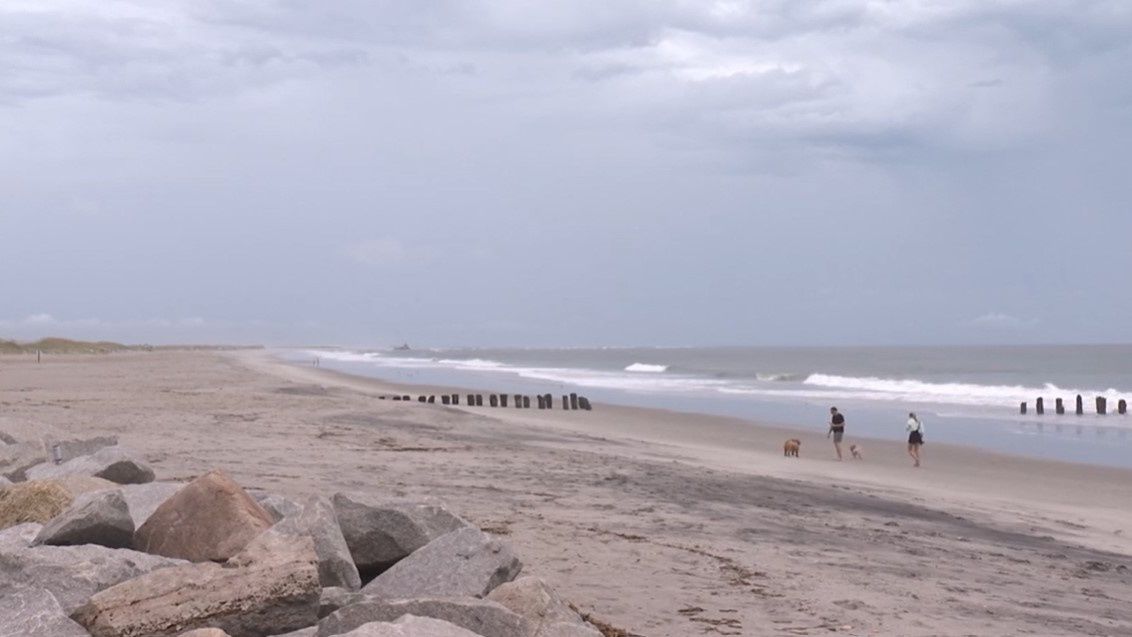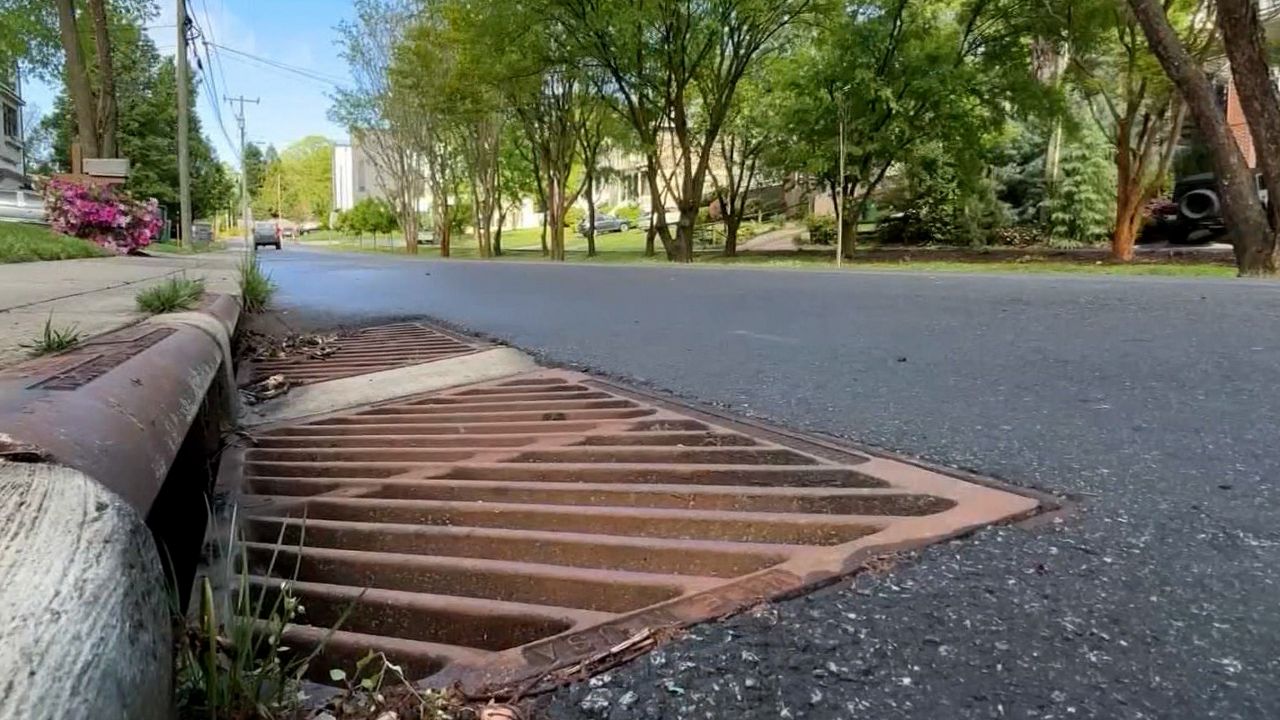SANFORD, N.C. — The federal Deferred Action for Childhood Arrivals program is top of mind for some living in the United States right now.
DACA has benefited thousands of people brought to the Unites States as children without legal documents.
It’s also been a concern for lawmakers, and some have called the program illegal. It has allowed children who migrated to America when they were kids to legally work here and shields them from deportation, but it doesn’t offer legal status, such as citizenship.
Barbara Mojica Arzat, a DACA recipient and North Carolina resident, says the program has transformed her life in many ways, giving her security and helping her buy her first house.
“Safety, and all that story that I was telling you about, my mother crossing, it means it was worth it and it’s just a home for a lot of American people, USA citizens, but for me it’s safety, it’s knowing that I have a place here now,” Mojica Arzat said.
Mojica Arzat is executive director of a national nonprofit and a student, but she said this wasn’t always her story. She is from Mexico.
At 5 years old, she crawled through a tunnel from Mexico to Arizona with some family members while having to endure the trash beneath her and the pungent smells that filled the air.
“I was crawling and there was a glass; it went right through my knee, and I had to crawl with that until we got to the other side because mom said we couldn’t stop,” Mojica Arzat said.
She didn’t know it at the time, but this would lead her to a new chapter of her life.
“Even though that journey was hard or it was not ideal, I’m grateful that my mom did that, and I’m grateful that I’m here in America, a country where there’s so much more opportunity, even for people who are undocumented,” Mojica Arzat said.
Mojica Arzat’s family moved to North Carolina where she continued going to school.
“You know, when you grow up undocumented, you have hopes and dreams, but you know they are only hopes and dreams, it doesn’t seem like a reality for you, especially in this country,” Mojica Arzat said.
But with the help of DACA, those dreams became a reality.
“None of what I have here, my life, would’ve been possible without DACA,” Mojica Arzat said.
She says it not only has given her security, but also a sense of identity.
“Being able to exist in America without fear,” Mojica Arzat said. “I think it’s just generally you’re able to legally live in America in peace and without documents, because I know how it is to live without documents, and you feel like you have to hide yourself constantly, hide yourself from your friends, hide yourself from your jobs.”
Although being a DACA recipient has brought her some peace of mind, she said sometimes it feels as if her livelihood depends on the government.
“The previous administration constantly threw us around like a ball, like yeah, 'I’m taking your permit away, no, wait we’re not, yes, we are, no wait we’re not,' and that was so taxing mentally, physically, emotionally,” Mojica Arzat said. “I mean, I wanted to give up, because sometimes you think you’re working, you’re putting all this effort into work to ensure you have a career, that you’re a good American citizen for someone in an office to say 'well, maybe not.'”
Conversations continue over the future of DACA and a pathway to citizenship for undocumented people.
“In North Carolina, we have about 12,000 DACA recipients — that’s 12,000 people in your state that would be affected by this program being shut down, and there’s real lives, these are real lives, these are real people, these are real stories, these are people that you work with,” Mojica Arzat said. “And, just know that if the DACA program gets shut down, so many lives would be stopped in a way, so many people would fear deportation to a country they don’t even know.”










